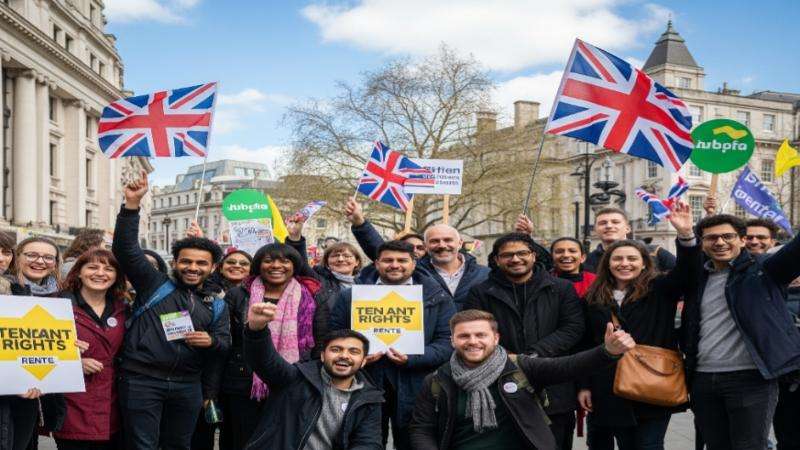Living comfortably on a low income in the UK while adhering to halal principles requires a thoughtful and integrated approach. Here's a breakdown of key considerations:
Financial Planning and Sharia Compliance:
Halal Banking and Finance:Explore Islamic banking options that offer Sharia-compliant accounts and financial products. These avoid interest (riba) and adhere to ethical investment principles.Research Sharia-compliant investment opportunities if you have savings.
Budgeting and Prioritization:Create a detailed budget that prioritizes essential halal expenses:
* Halal food.
* Modest clothing.
* Necessary religious obligations.
* Track your spending to identify areas where you can reduce costs.
* Zakat and Sadaqah:
* Factor in your Zakat obligations and strive to give Sadaqah (voluntary charity) regularly, even in small amounts.
2. Halal Food and Consumption:
* Home Cooking and Meal Planning:
* Prioritize cooking at home using affordable halal ingredients.
* Plan meals in advance to minimize food waste and reduce impulse purchases.
* Seek out budget-friendly halal recipes.
* Smart Shopping:
* Purchase halal staples in bulk from ethnic supermarkets or online retailers.
* Support local halal butchers and grocers, looking for deals and discounts.
* Consider growing your own herbs and vegetables if possible.
* Minimizing Waste:
* Practice mindful consumption to reduce food waste.
3. Ethical and Modest Lifestyle:
* Secondhand and Charity Shops:
* Opt for secondhand clothing, furniture, and household items, which aligns with the Islamic principle of avoiding extravagance.
* Free and Low-Cost Activities:
* Engage in free or low-cost activities that align with Islamic values, such as:
* Visiting parks and nature reserves.
* Attending community events at mosques.
* Volunteering.
* Community Support:
* Connect with your local Muslim community for support and resources. Mosques and Islamic centers often provide assistance.
* Avoiding Haram:
* Strictly avoid haram (forbidden) expenses, such as gambling, alcohol, and interest-based transactions.
* Seek advice from these organizations for budgeting, debt management, and benefit information.
Key Considerations:
* Community Networks: Building strong relationships within your local Muslim community can provide valuable support and resources.
* Continuous Learning: Stay informed about halal financial practices and available resources.
* Dua and Tawakkul: Maintain strong faith and rely on Allah's provision.
By combining these strategies, you can create a comfortable and fulfilling lifestyle that aligns with both your financial constraints and your Islamic principles.
How to live comfortably in halal Way and without benefits money
Living comfortably on a low income in the UK, in a halal way, and without relying on benefits presents a significant challenge, but it's achievable with careful planning and a strong work ethic. Here's a breakdown of how to approach this:
1. Maximizing Income and Self-Reliance:
* Skill Development and Entrepreneurship:
* Focus on developing marketable skills that can lead to self-employment or in-demand jobs.
* Explore halal-friendly business opportunities, such as:
* Halal food preparation and delivery.
* Online retail of halal products.
* Freelance services (writing, design, etc.).
* Building a strong professional network is essential.
* Ethical Employment:
* Seek employment with companies that align with ethical and halal principles.
* Prioritize jobs that offer opportunities for growth and advancement.
* Financial Discipline:
* Practice strict financial discipline, saving a portion of every income.
* Avoid unnecessary debt and prioritize paying off any existing debts.
2. Halal-Focused Cost Reduction:
* Home-Based Solutions:
* Maximize home cooking to reduce food costs, focusing on affordable halal ingredients.
* Consider growing your own vegetables and herbs.
* Utilize secondhand resources for clothing and household items.
* Community Support:
* Build strong relationships within your local Muslim community.
* Participate in community initiatives that offer mutual support and resource sharing.
* Mosques can sometimes provide support networks.
* Smart Consumption:
* Prioritize essential needs over wants.
* Practice mindful consumption to minimize waste.
3. Ethical and Spiritual Foundation:
* Tawakkul (Reliance on God):
* Maintain strong faith and trust in Allah's provision.
* Hard Work and Honesty:
* Adhere to ethical business practices and maintain a strong work ethic.
* Community Contribution:
* Contribute to your community through volunteer work and charitable giving (Sadaqah).
Important Considerations:
* Emergency Fund:
* Building an emergency fund is crucial for unexpected expenses.
* Continuous Learning:
* Stay updated on financial management and halal business practices.
* Legal and Ethical Compliance:
* Ensure all business activities and financial dealings comply with UK law and Islamic principles.
Key Principles:
* Self-reliance and hard work.
* Ethical and halal business practices.
* Community support and mutual aid.
* Strong faith and reliance on God.
It's important to recognize that this path may require significant dedication and perseverance.
(If you feel that any information needs to be added or omitted here, you can give your opinion to Daily Dazzling Dawn.)








.svg)



